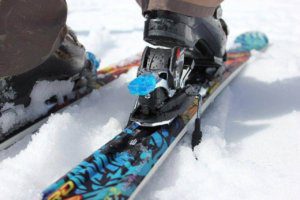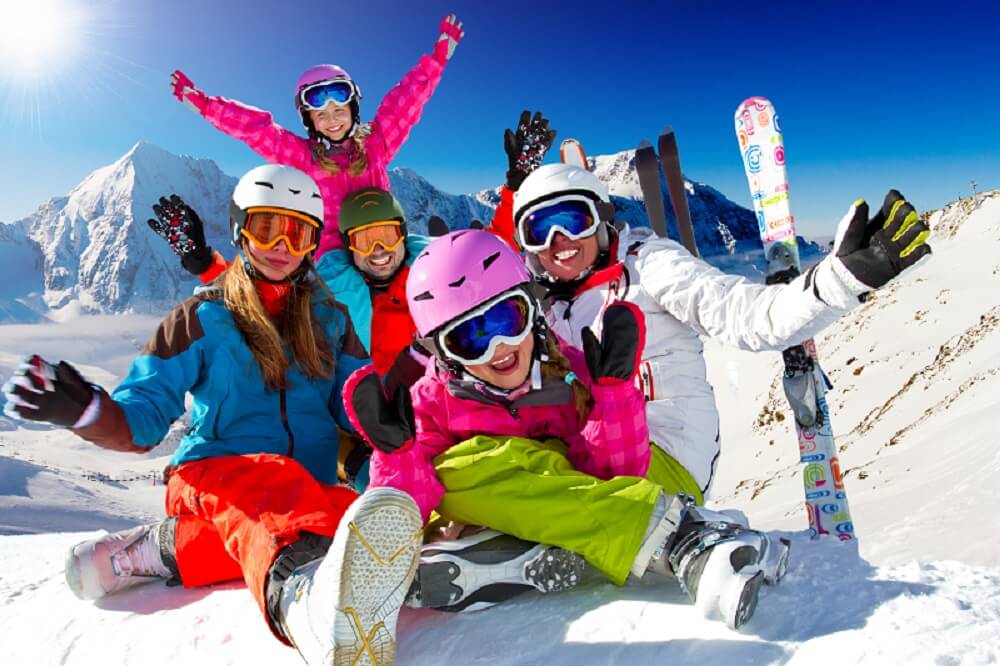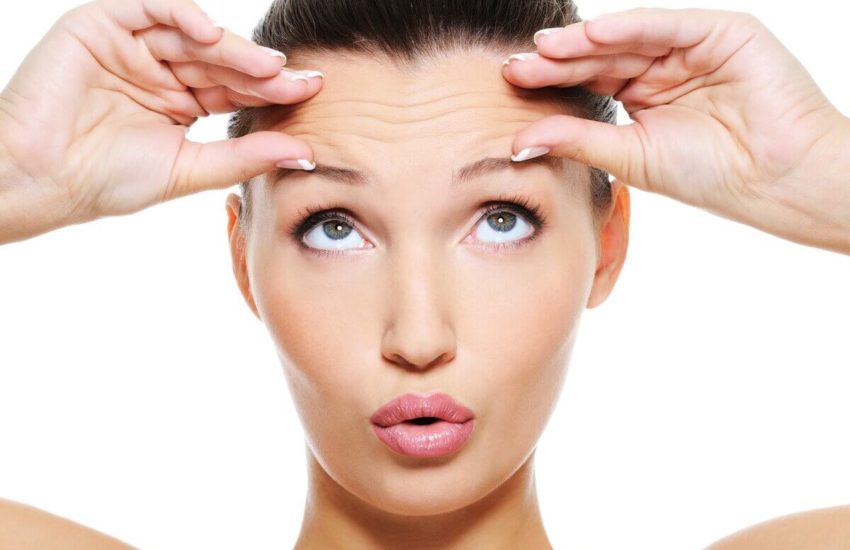Health Benefits of Skiing and Snowboarding
Table of Contents
Health Benefits of Skiing and Snowboarding
Now that winter is finally here for most of the Northern Hemisphere, you may be looking for ways to stay active without going to crowded gyms or watching exercise videos online. This is where popular winter sports, such as skiing and snowboarding, may be a fantastic and fun way for you to keep active. If you are someone who is prone to suffering from Seasonal Affective Disorder (S.A.D.), then skiing or snowboarding this winter will help you get some sunshine and physical activity, both of which are known to reduce the effects of this particular condition (Eaton, 2013).
Skiing, both cross country and downhill, as well as snowboarding can be fun, exciting, and beneficial for your overall health. Let’s take a closer look at some of the health benefits of skiing and snowboarding. Then, we will determine if either of these activities is something that you should add to your routine.
Health benefits of skiing

Skiing, both downhill and cross country, can offer a number of health benefits, both physical and mental. First, skiing is a great cardiovascular training activity. It’s also a lot of fun, which means that you will be able to enjoy it, while at the same time elevating your heart rate.
Skiing is also a proprioceptive activity, which enables us to understand how our bodies move and develop kinesthetic awareness (Eaton, 2013). More importantly, as we age, kinesthetic awareness plays a big part in injury prevention. Without a doubt, skiing helps to improve and maintain our balance and coordination. This, in turn, means that we will be less likely to fall down and get injured in the future because we develop agility and balance through skiing.
Furthermore, skiing will help increase muscle strength and muscle balance around your joints. This is very important for preventing hip, knee, and ankle injuries. Since skiing is a weight-bearing activity, it serves as strength training, which also helps prevent injuries later in life (Eaton 2013). Both your leg muscles and your bones will get stronger as a result of this particular load-bearing activity. Therefore, skiing will also help reduce your risk for osteoporosis as you get older.
Since many people can get bored and feel more isolated during the winter, going skiing with one or two friends can make a positive difference. Spending time outdoors with a friend or two is great for your mental health.
As you can see, skiing will help inspire a healthy lifestyle, particularly during the winter months, improve your aerobic fitness, increase your muscle strength and endurance, as well as make a positive impact on your balance and coordination (Burtscher, Federolf, Nachbauer, & Kopp, 2019).
Benefits of snowboarding

Snowboarding is another popular winter sport that is both challenging and exciting. For the more adventurous types, snowboarding provides a bigger challenge than skiing. It is definitely harder to master snowboarding than skiing because it requires more balance and coordination.
Just like skiing, snowboarding will also be very beneficial for your cardiovascular system because it will elevate your heart rate. As you probably already know, aerobic exercise decreases your risk of heart disease, diabetes, stroke, high blood pressure, and even some types of cancers.
Furthermore, it will help strengthen and tone your leg muscles surrounding your hips and knees (1). Having strong legs is very important for other aspects of your life, particularly when it comes to injury prevention. As you know, you use your legs for walking, proper lifting, running, and many other activities, which is why you must develop leg strength.
Snowboarding, even more so than skiing, will help you improve your balance and coordination, making you less likely to fall when you take part in other activities.
Snowboarding will also improve your ability to focus because, in order to help prevent an accident, you have to pay attention to what you are doing as you descend at a relatively high speed. Therefore, snowboarding is also good for your brain.
Tips for skiing and snowboarding
Without a doubt, skiing and snowboarding, just like any other form of physical activity, involve some risk. Therefore, if you have never skied nor snowboarded before, it’s important that you are aware of the risks and understand how to best mitigate them. Ideally, you should do some strength training exercises prior to taking up skiing or snowboarding so that your body is more prepared for the challenges of these sports.
 Furthermore, you should consider taking some lessons from an expert snowboarding or skiing instructor to ensure that you learn the proper techniques.
Furthermore, you should consider taking some lessons from an expert snowboarding or skiing instructor to ensure that you learn the proper techniques.
You must also make sure that you use the right equipment that fits you properly and is of high quality. Some equipment that you will need includes a proper helmet, goggles, gloves, and shin, arm, and wrist guards, as well as properly fitted boots, snow pants, and warm clothing that’s comfortable to move around in.
You must also ensure that you stay on courses that are designed for your skill level to prevent injuries. If you are a beginner and you accidentally go down a double black diamond slope, the day may not end well for you. Therefore, it’s very important that you pay attention to where you are skiing and snowboarding, as well as your surroundings.
Conclusion
As you can see, both skiing and snowboarding can be a fun way to add some physical activity to your routine in the winter. Both sports will be challenging for you, as well as give you a sense of accomplishment and provide variety to your workouts. Without a doubt, both skiing and snowboarding will give you an excellent cardiovascular workout, reducing your risk for a number of health problems later in life. Skiing and snowboarding will also help strengthen your leg muscles and bones, making you less susceptible to injuries, particularly as you get older.
Weight-bearing activities such as skiing and snowboarding will also help you maintain your bone density. Not only that, but you will also improve your balance and coordination, which will further help reduce the risk of injuries related to falls. Lastly, going skiing or snowboarding with a friend will have a positive impact on your mental health.
Therefore, you should give skiing or snowboarding a try.
REFERENCES:
- Burtscher, M., Federolf, P. A., Nachbauer, W., & Kopp, M. (2019). Potential Health Benefits From Downhill Skiing. Frontiers in physiology, 9, 1924.
- Eaton, C (2013). The University of New Hampshire. The Benefits of Skiing.
- Unknown. (n.d.). University of Rochester Medical Center. It’s Snow Fun: Skiing and Snowboarding.


